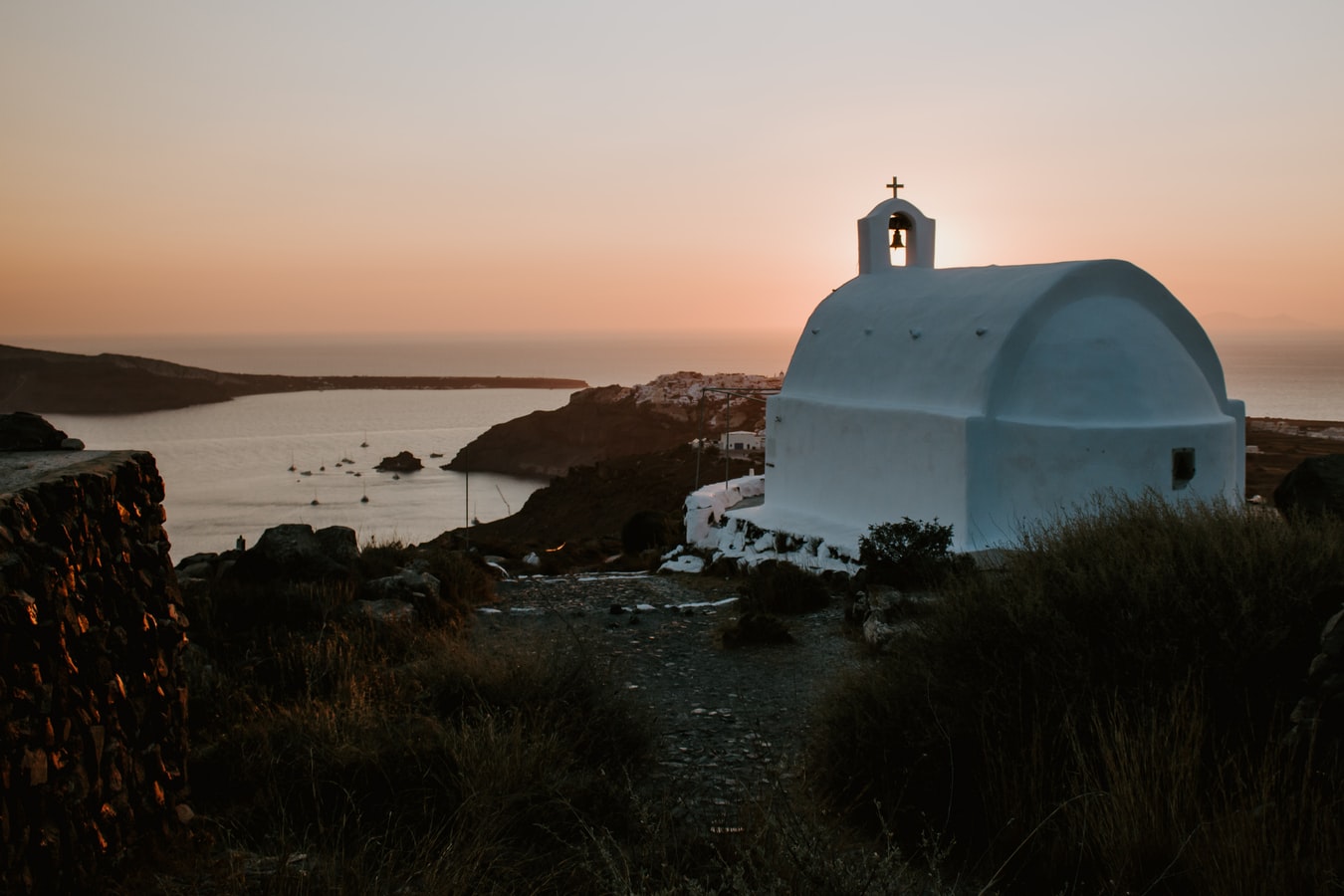Counting the Cost

The earliest Christians were a notable lot. Were many of us to rub shoulders with them, we might find ourselves intimidated by the intensity of their discipleship. "Counting the cost" was no glib phrase for these stalwarts. They often paid a huge price to simply follow Jesus.
Daniel G. Powers, writing his commentary on 1 Peter in the New Beacon Bible Commentary, cites a passage from the Epistle to Diognetus. It is worthy of our consideration:
Christians are not distinguished from the rest of mankind by either country, speech, or customs...Yet while they...conform to the customs of the country in dress, food, and mode of life in general, the whole tenor of their way of living stamps it as worthy of admiration and admittedly extraordinary. They reside in their respective countries, but only as aliens. They take part in everything as citizens and put up with everything as foreigners...They find themselves in the flesh, but do not live according to the flesh. They spend their days on earth, but hold citizenship in heaven.
In 1 Peter chapter 1, Peter writes that "the sanctifying work of the Spirit" is at work in the lives of believers and it is the power of the Holy Spirit that enables us to live as "strangers in the world." Powers, commenting on that phrase, reminds us that it is clearly a reference to "a disadvantaged group (in society)."
In many areas of the world, members of the Church of the Nazarene live daily with the threat of persecution. They are indeed members of a disadvantaged group in their societies. Yet, they live as boldly as first-century believers, in the power of the "sanctifying Spirit."
Were conditions to change for believers in the West, would those who write about our world describe us in ways similar to the Epistle to Diognetus?
The ongoing privileges for many of us to practice our faith without fear of reprisal or persecution may not be appreciated as much as they should be. Many of us in the West, while acknowledging the growing distance between the heart of the culture and the message of salvation, take our privileges for granted. The freedoms procured at great cost have resulted in our privileged position of unhindered worship and pursuit of the religious life.
Only in the power and grace "of the sanctifying Spirit" can we live in the holiness of God that both sets us apart as well as cleanses us from all sin. Only in that power can we immerse ourselves in the heartbreak of the world, losing ourselves only to discover our place in the mission of God.
Reflect a moment on this description:
They reside in their respective countries, but only as aliens. They take part in everything as citizens and put up with everything as foreigners. They find themselves in the flesh, but do not live according to the flesh. They spend their days on earth, but hold citizenship in heaven.
It is easy to see how much these early believers must have relied upon the sanctifying work of the Holy Spirit. By the grace and power of the Spirit, our spiritual ancestors staked out claims that we possess today. Let us be faithful both to honor and to fulfill the calling we share in common with first century believers.
David J. Felter is editor in chief of Holiness Today.
Holiness Today, May/June 2012
Please note: This article was originally published in 2012. All facts, figures, and titles were accurate to the best of our knowledge at that time but may have since changed.




